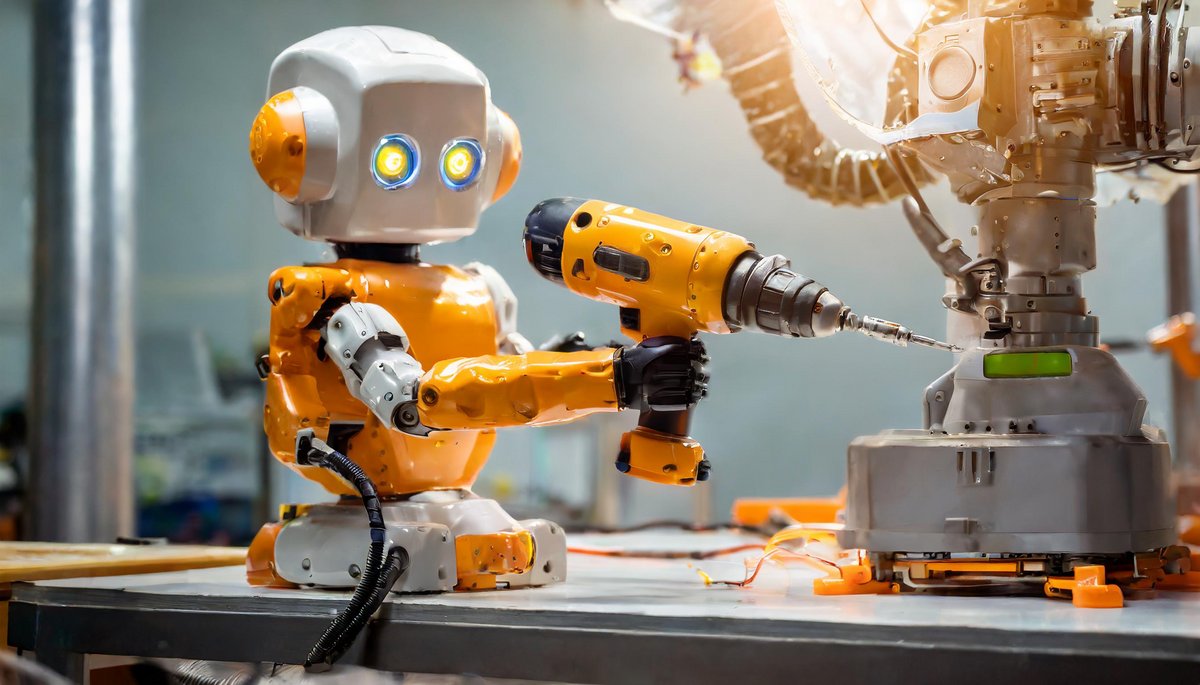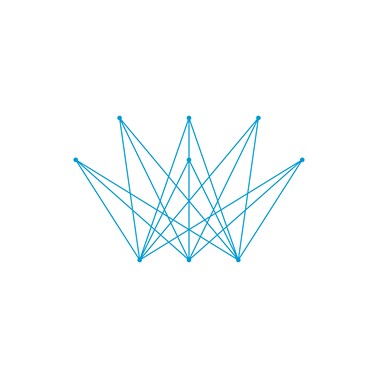Artificial intelligence and sensor technology

Artificial intelligence and sensor technology are key topics at the university and are highly valued by the regional economy. As key transfer topics at BTU, they can strengthen the innovation and competitiveness of companies, research institutions and Lusatia. The focus is on both basic and applied research into artificial intelligence, always in compliance with ethical standards.
Example projects
DIREKT - Digital life cycle of hybrid-electric drive systems
Prof. Wolff, Chair of Communication Technology; Prof. Berger, Chair of Automation Technology
The aviation industry is an important economic factor and is experiencing continuous growth, although it is confronted with challenges such as strict emission targets and safety requirements. The DIREKT project aims to create and network digital twins for the development, production and maintenance of (hybrid) electric drives in the aviation industry in order to achieve emission and safety targets and create economic opportunities in transformation regions such as Lusatia.
WAIKIKI - AI-based anomaly detection in critical infrastructures
Prof. Panchenko, Chair of Cyber Security
Advancing digitalisation is penetrating all areas of life, but is also increasing vulnerability to cyberattacks, in particular on critical infrastructures (KRITIS). The WAIKIKI project is developing an innovative method for anomaly detection using artificial intelligence (AI) based on communication networks in the energy supply sector. By combining various machine learning methods, attacks are to be recognised automatically, even with limited training data. The results are visualised and presented in an understandable way. The security solution developed will not only be applicable in the energy supply sector, but also in other KRITIS sectors and will contribute to the social acceptance of AI solutions.
SPP 2422: DatProForge - Data-driven process modelling of drop forging processes to increase productivity using adaptive tool design methodology
Prof. Gardill, Chair of Electronic Systems and Sensor Technology; Prof. Härtel, Chair of Hybrid Manufacturing
The degree of automation in forming technology is increasing, while the demands on the accuracy of the forgings are growing. Numerical calculations optimise the forming process even before technological testing. The project aims to understand the interaction between changes in measurement data and the die surface design during die forging and to reduce the component scrap rate using AI methods. Radar technology enables speed measurement in the forging process. The AI uses data from a sensor network to improve the service life of the die surfaces. In the first funding period, experimental conditions will be created to enable the digitalisation of the forming process in continuous operation and to identify initial features and patterns.
5G Waldwächter
Prof. Nolte, Chair of Distributed Systems / Operating Systems; Prof. Schiffer, Chair of Control Systems and Network Control Technology; Prof. Reichenbach, Chair of Computer Science; Prof. Fischer, Chair of Experimental Physics and Functional Materials
In this project, a 5G infrastructure is being created that will provide significant support in fighting and preventing forest fires in the future. The relevant data will be recorded in a central crisis management server using appropriate sensor technology and drones. Prototypes for decentralised sensors are being developed and connected to 5G reporting sensors. New plasmonic gas sensors are being investigated. Data on the central crisis management server is analysed to detect anomalies such as forest fire risks. Deep learning will be used to assess robustness and precision and integrated into the crisis management system before AI-supported data analysis is demonstrated.
Electronic noses for monitoring agricultural land based on miniaturised arrays of affinity sensors (AgriNose)
Prof. Fischer, Chair of Experimental Physics and Functional Materials
The AgriNose electronic nose is combined with remote sensing and optical methods to improve monitoring in crop production. The aim is to detect plant diseases at an early stage, which can reduce the use of pesticides. The project focuses on winter rye and includes the optimisation of early detection using sensor technology as well as the characterisation of VOC profiles of diseased and healthy crops.


